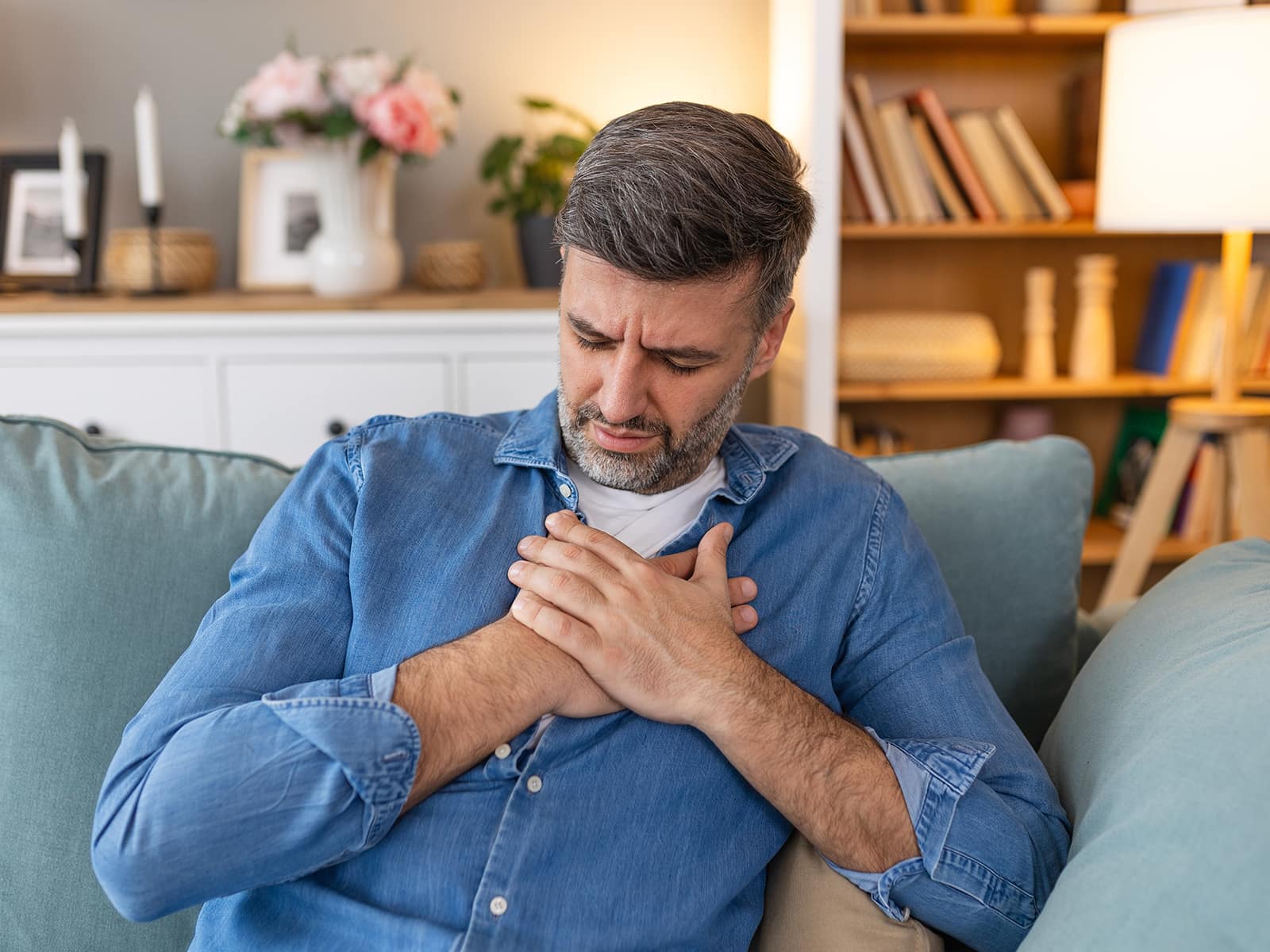
Crohn's Esophagitis is inflammation of the esophagus caused by Crohn's disease, a chronic condition of the digestive tract. Though rare, it can lead to ulcers, pain, and difficulty swallowing.
You may experience symptoms that affect eating and comfort:
This condition arises when the immune system mistakenly attacks the esophagus. Key risk factors include:
At GastroDoxs in Katy, our team of specialists is dedicated to providing compassionate, patient-centered care for Crohn's Esophagitis. Using advanced diagnostics, personalized treatment plans, and state-of-the-art technology, we guide you toward lasting relief. Ready to feel better? Call us today at 832-632-4070 or book your appointment online to get started.
We've successfully treated more than 1K patients, helping individuals improve their digestive health and overall well-being through expert, personalized care.
With over 20 years of experience, GastroDoxs has been a trusted provider of gastroenterology care, focusing on delivering the best outcomes for patients
Doctors confirm Crohn's Esophagitis through an upper endoscopy, which allows visual inspection of the esophagus, and by taking a small tissue sample (biopsy) to look for characteristic inflammation and ulceration under the microscope.
An endoscopy may reveal ulcers, areas of inflammation, swelling, or narrowing (strictures) in the esophagus-findings that help distinguish Crohn's Esophagitis from other causes of esophageal irritation.
Yes. Choosing soft, low-acid, and easy-to-swallow foods can minimize irritation, reduce pain during meals, and support the healing process of the esophageal lining.
Treatment often includes anti-inflammatory steroids, immune-modifying biologic drugs, and acid blockers. The exact regimen is tailored to disease severity and your overall health.
Surgery is rarely required. It's reserved for cases where strictures or severe complications don't respond to medical and endoscopic therapies.
Many patients notice symptom relief within a few weeks of starting treatment, though complete healing of the esophagus may take several months and requires close monitoring.
Stay well hydrated, avoid spicy or highly acidic foods, eat smaller meals more frequently, and practice stress-reduction techniques such as deep breathing or light exercise.
Yes. Children and teens can develop Crohn's Esophagitis. Pediatric specialists at our center will adapt diagnostic and treatment plans to meet younger patients' unique needs.
Ongoing follow-up is important to monitor healing, adjust medications, and screen for any complications early. We typically schedule periodic endoscopies and lab tests.
GastroDoxs in Katy offers comprehensive evaluation and treatment for Crohn's Esophagitis. Call today to schedule an appointment with our gastroenterology team.